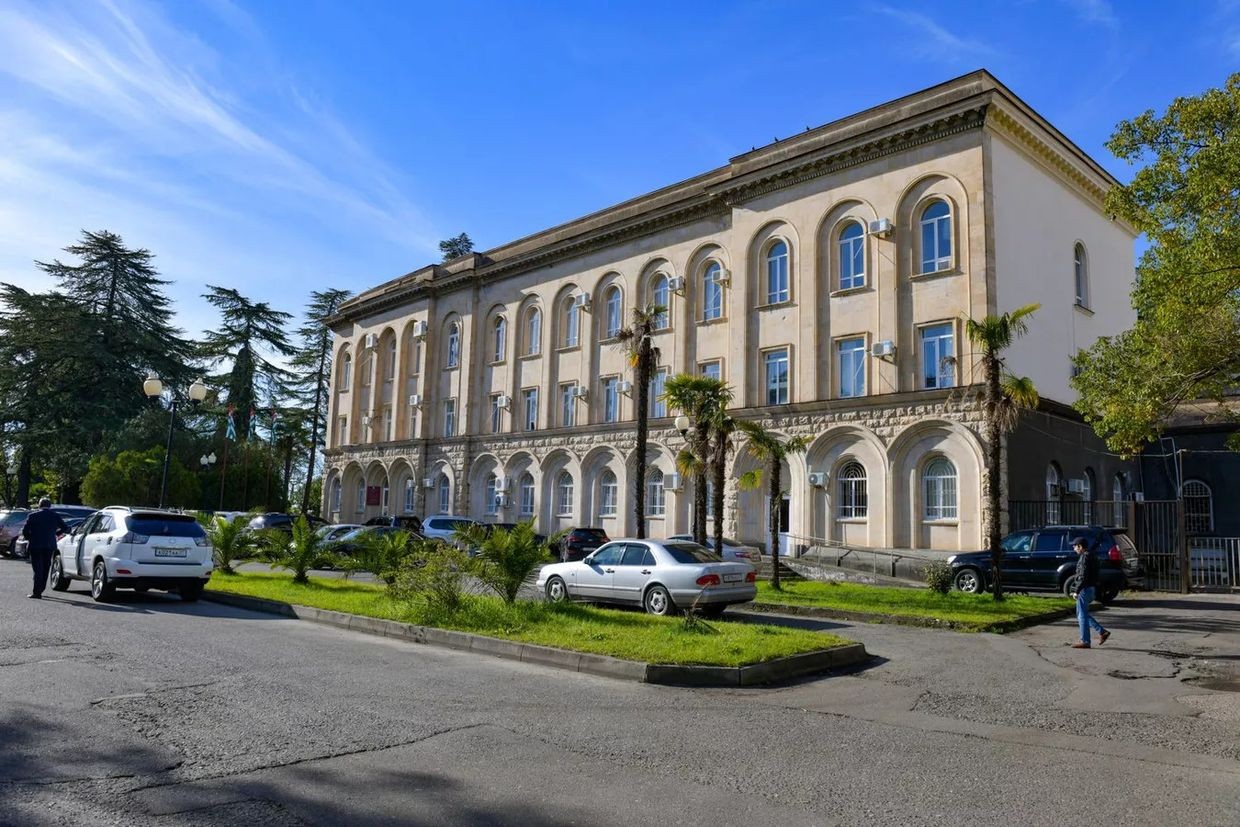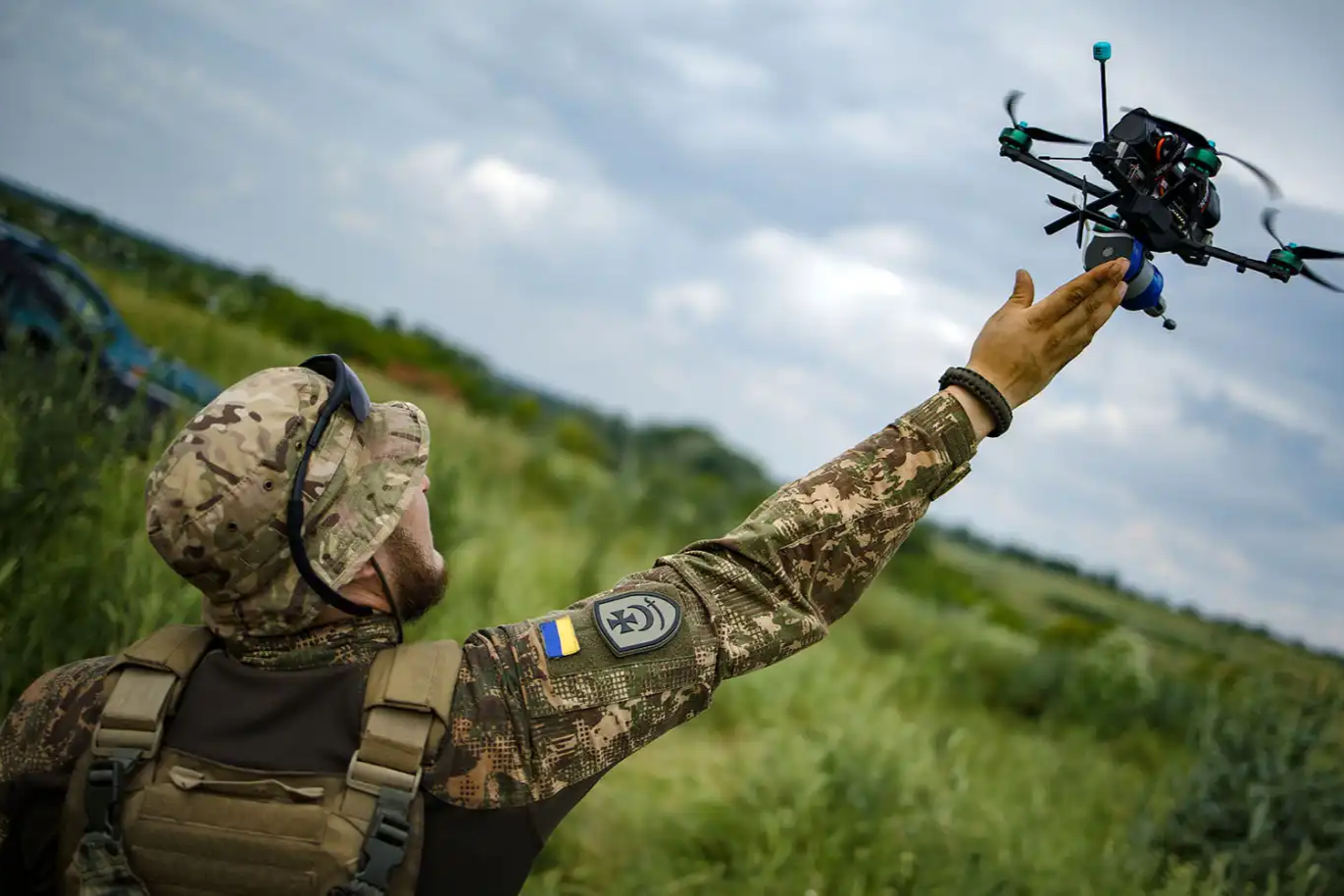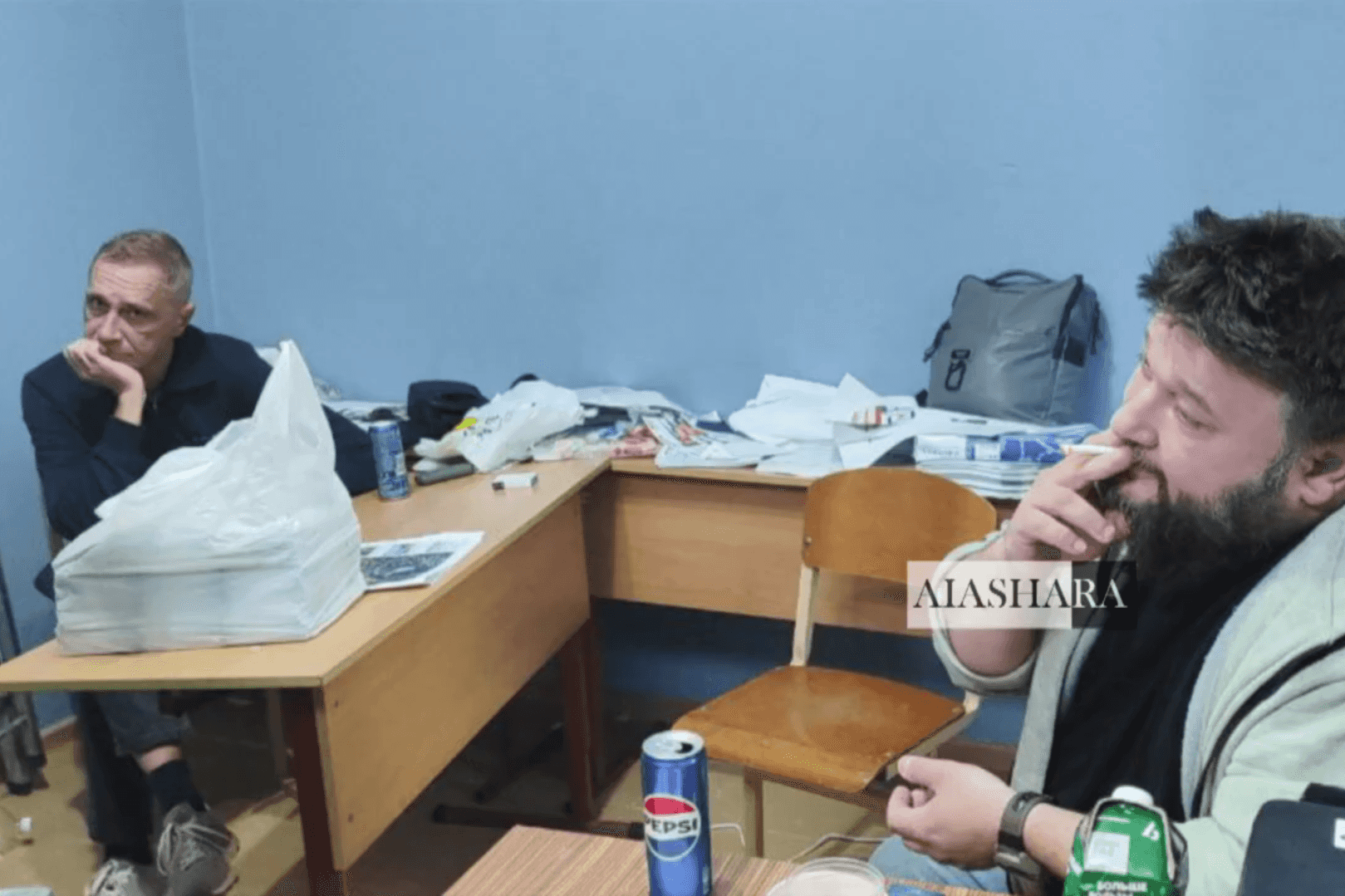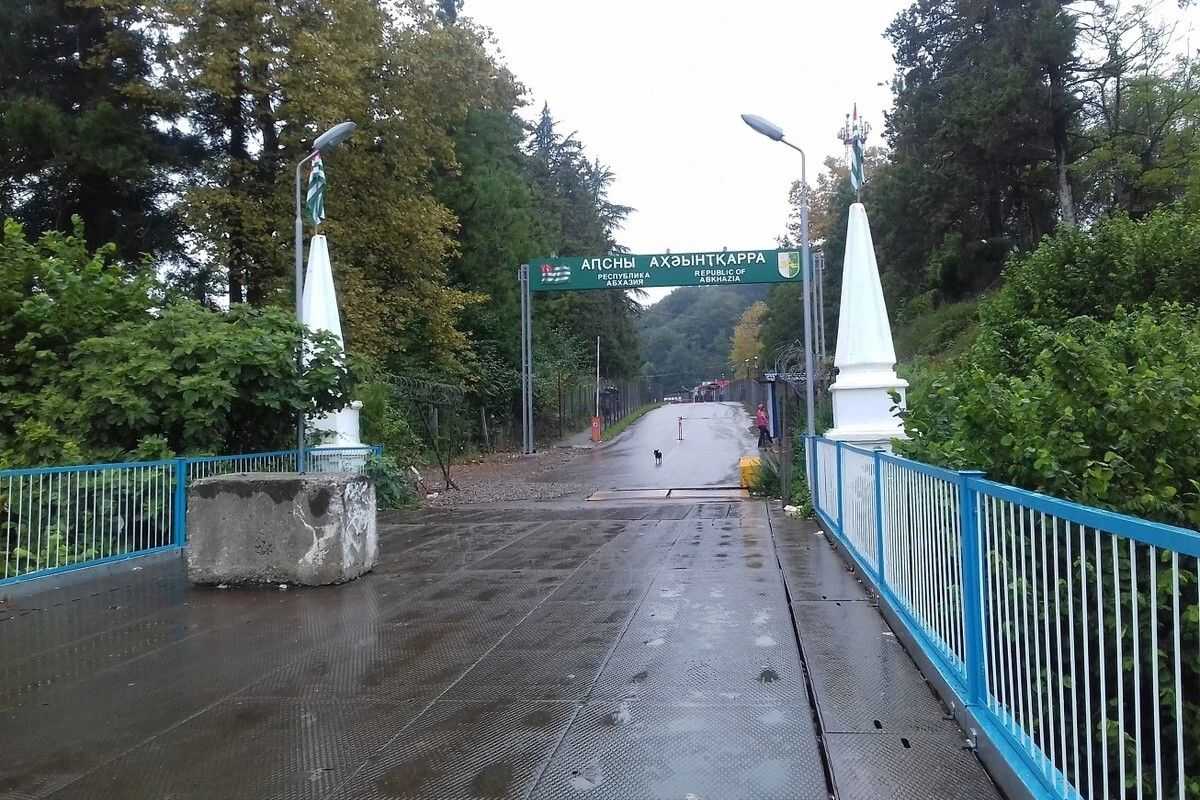
Abkhazia’s Parliament has adopted a resolution to create a commission to investigate why Russia opted to persecute individual citizens of Abkhazia, giving a three-month deadline for the investigation to be completed.
The resolution was passed on Thursday after more than 30 representatives of Abkhazia’s civil society addressed a joint letter in late July to President Badra Gunba and members of parliament demanding a response to Russian sanctions against Abkhazian politicians, journalists, and members of the diaspora.
Tensions between Abkhazia’s opposition and Russia appeared to have reached boiling point ahead of the March 2025 Abkhazian presidential elections, following President Aslan Bzhaniya’s resignation in November 2024 in response to anti-government protests against his government’s pro-Russian policies.
One of the first signs of this occurred in January, when businessperson Levan Mikaa and opposition politician Kan Kvarchiya were stripped of their Russian citizenship. Both had played leading roles in the protests surrounding a controversial investments agreement which brought down Bzhaniya’s government.
The following month, in February, Abkhazian conductor Baras Kudzhba was deported from Russia and banned from reentering the country for 10 years. Kudzhba also took part in the November 2024 protests, including storming the parliament building.
Then, on 7 March, Russia’s Justice Ministry added Abkhazian journalist Inal Khashig to the official register of foreign agents, claiming that Khashig ‘disseminated false information about decisions made by public authorities of the Russian Federation and the policies they pursue, as well as about the electoral system’ and ‘interacted with foreign political figures’.
Later that same month, two more Abkhazian journalists — Izida Chaniya and Nizfa Arshba — were added to Russia’s registry of foreign agents.
Though only these three names were publicised, OC Media learned that information was being spread that at least 70 people — including public figures, businesspersons, and journalists who actively worked with opposition forces during the election campaign — had been added to Russia’s foreign agents registry.
The civil society letter shared in late July in response to these actions called for parliament to form a special commission to investigate the specific incidents noted above, while also calling on Gunba to publicly state that his administration would not continue the policies of Bzhaniya.
‘We must remind you that the sanctions adopted by Russia against citizens of Abkhazia were based on the slanderous fabrications of government officials led by the Bzhaniya, about the presence in society of individuals under the influence of Western intelligence services who are forming anti-Russian sentiments in society’, the statement read.
According to the signatories, the policies of Bzhaniya’s administration violated several key principles and goals of Abkhazian society: it suspended programmes for members of the diaspora to return to Abkhazia, it discredited veterans of the 1992–1993 War in Abkhazia, and denigrated representatives of the opposition and independent media.
For ease of reading, we choose not to use qualifiers such as ‘de facto’, ‘unrecognised’, or ‘partially recognised’ when discussing institutions or political positions within Abkhazia, Nagorno-Karabakh, and South Ossetia. This does not imply a position on their status.











